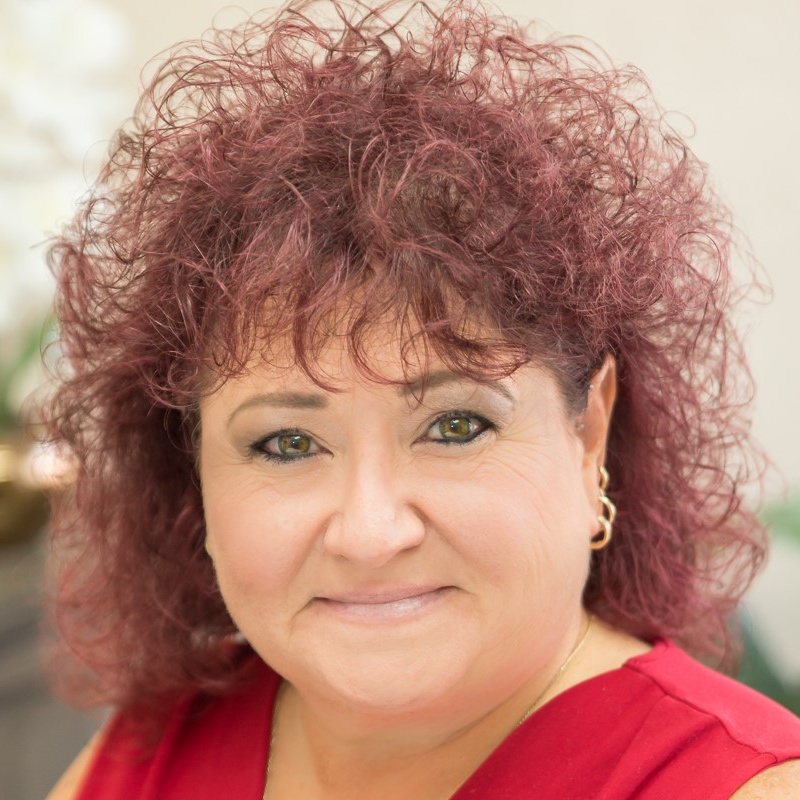Play Therapy is much more than fun and games. Play Therapy is a counseling approach used to help younger children explore their lives and freely express bottled-up thoughts and emotions through play. Therapeutic play normally takes place in a safe, comfortable playroom encouraging free expression and allowing the therapist to observe the child’s choices, decisions, and play style. The goal is to help children learn to express themselves in healthier ways, become more emotionally balanced, and develop new and more positive ways to interact with others.
Teletherapy can present a challenge for the needs of younger children. Kids ages 5-9 are not equipped to do direct talk-therapy online. Our office provides an alternative for effective child counseling online, using our published E-Books to create a bridge for pediatric expression. Our illustrated cast of characters allow children to use 3rd person narratives, much like using toys or puppets when in an office setting.
Our E-Books are fun to look at and can capture the visual attention of a younger child to allow the therapist to do effective clinical work. In addition to our E-Books, we offer weekly exercises from our workbook, for the parent and child to do in between sessions to rehearse new skills and to reinforce the parent-child bond.
















